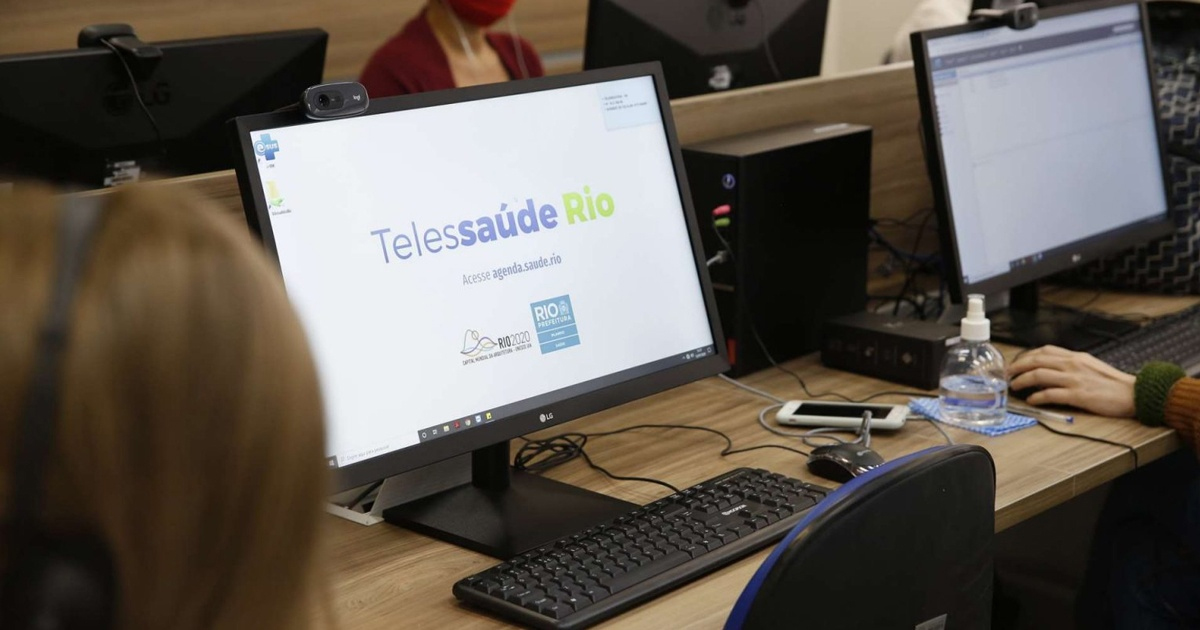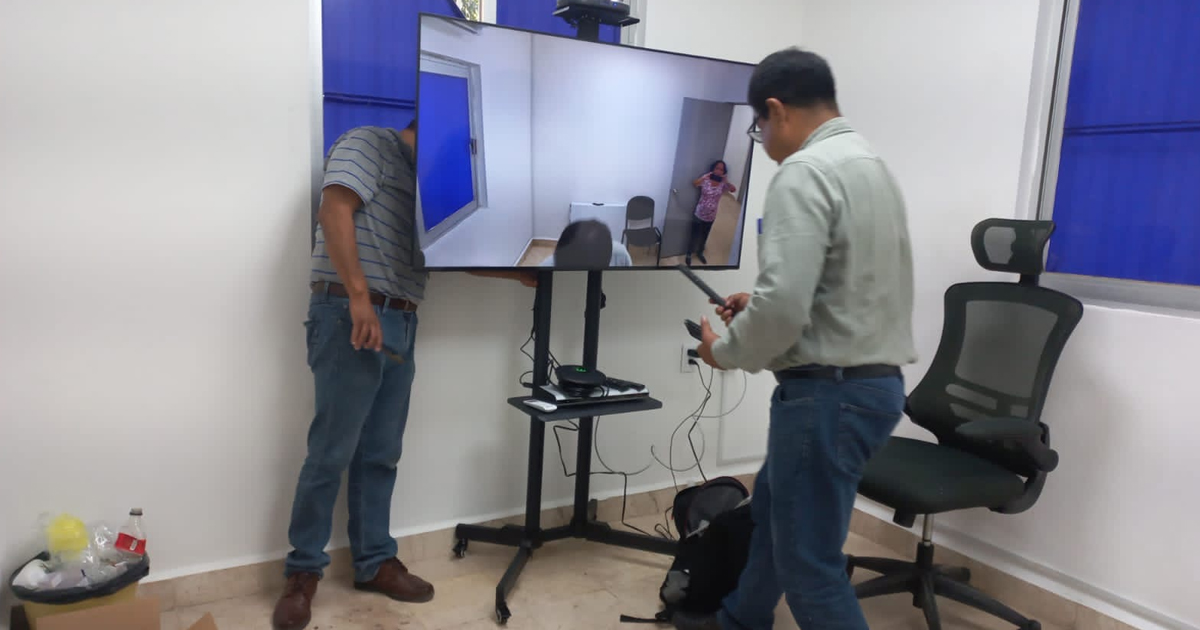La Universidad de Sídney en colaboración con ochos instituciones de investigación australianas y Imperial College London realizaron un estudio global transversal sobre el uso de tecnología con fines de salud durante la pandemia.
El estudio publicado en PLOS Digital Health, tuvo como objetivo examinar las aplicaciones móviles de cuidado de la salud, seguimiento de actividad física, o relacionadas con COVID-19 en adulto durante la pandemia. Estos con el fin de encontrar o establecer una relación del uso de este tipo de aplicaciones y las conductas o hábitos saludables.
El método utilizado fue una encuesta transversal aplicada en línea entre junio y septiembre de 2020. La encuesta fue desarrollada y revisada de forma independiente por los coautores para establecer su validez. La asociación entre el uso de las apps móviles mencionadas y los hábitos relacionados con la salud fueron examinados utilizando un modelo de regresión logística multivariante, que es una técnica utilizada para estimar la relación entre variables o conjuntos de variables.
La encuesta contó con la participación de 552 adultos (76,7% mujeres y 23,3% hombres) de 32 países, aunque en su mayoría fueron australianos. La encuesta auto informada mostró que el 60% de los adultos utilizado una app móvil por motivos relacionados con la salud durante la pandemia mientras que el 38% utilizó apps para dar seguimiento a su actividad física.
A pesar de que no son aplicaciones especializadas para promover hábitos saludables, las apps más utilizadas con este fin fueron Zoom, Facebook y YouTube. No obstante, el 83% de las personas respondieron que utilizaron apps de salud durante la pandemia para mantenerse activos; el 37% para conectar con otras personas, el 33% para manejar su salud mental, el 26% para comer sanamente y el 26% para dormir mejor.

Las aplicaciones relacionadas con la actividad física fueron utilizadas por el 80% de los participantes para registro y monitoreo de su nivel de actividad y el 60% para seguir videos de ejercicio. Asimismo, el 30% dijo utilizar este tipo de apps para tomar clases en vivo y el 34% para compartir su progreso en redes sociales.
El estudio mostró que personas que registraron el uso de apps móviles relacionadas con la salud tenía más probabilidad de ser activas. “Esto demuestra que la tecnología puede desempeñar un papel importante para ayudar a promover comportamientos saludables, incluso durante las circunstancias únicas de la pandemia. Deberíamos aprender de esto a medida que buscamos mejorar la atención médica y la accesibilidad en el futuro porque mantener a las personas en el buen camino con hábitos saludables es clave para la prevención de enfermedades crónicas”. explica el investigador Huong Ly Tong, autor principal del estudio.
Sin embargo, el estudio mostró también los aspectos negativos de la tecnología en la salud durante la pandemia, en específico el uso de redes sociales. La Dra. Liliana Laranjo, investigadora principal en Digital Health en el Centro de Investigación Aplicada de Westmead en la Facultad de Medicina y Salud de la Universidad de Sídney, explicó que las apps de salud ayudaron a personas a buscar una sensación de normalidad y a mantenerse activas y conectadas.
“A veces, también tuvieron un impacto emocional negativo cuando las personas se sintieron expuestas a demasiada información sobre el COVID-19 en línea o cuando sintieron que no estaban alcanzando sus objetivos de acondicionamiento físico en los rastreadores”, explicó.
Huong Ly Tong, explica que es necesaria más investigación en este tema, así como ensayos clínicos sólidos que logren impulsar una mayor personalización y adaptabilidad de las apps móviles. Te invitamos a consultar el estudio completo en el siguiente enlace https://journals.plos.org/digitalhealth/article?id=10.1371/journal.pdig.0000087







